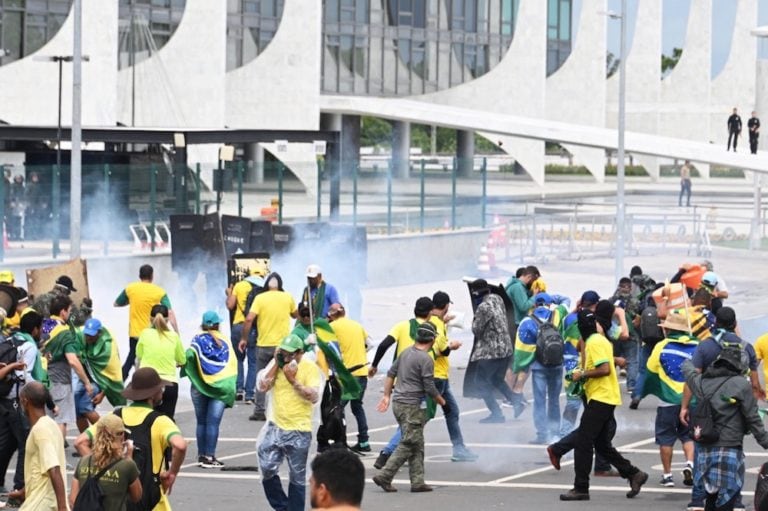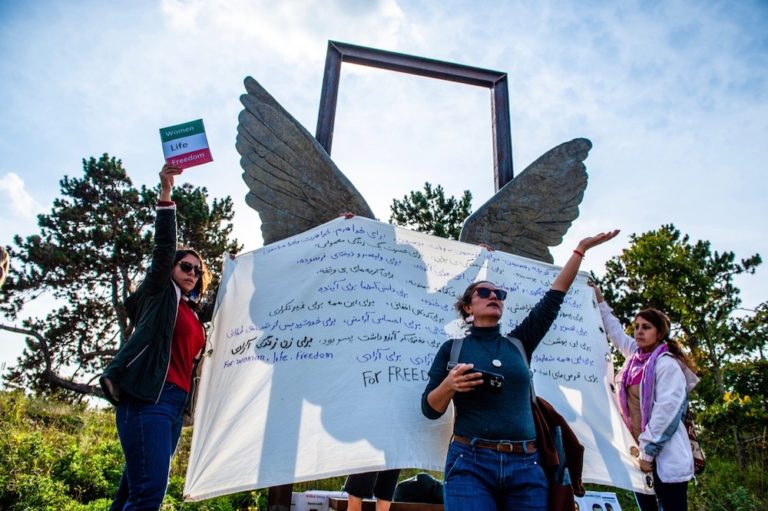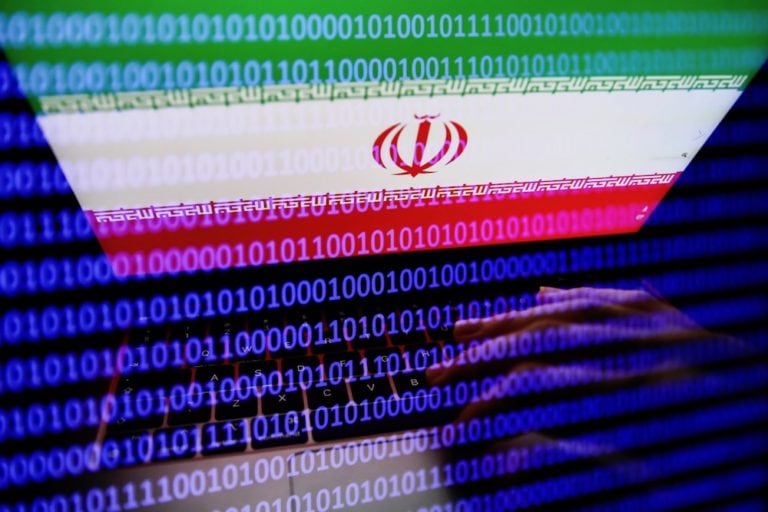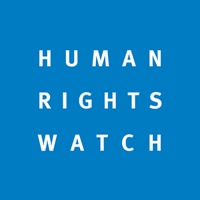Articles by Human Rights Watch

Maldives: Backsliding on law reform, free speech
The government did not carry out promised reforms to the Freedom of Assembly Act; police harassed and threatened journalists covering protests.

Civil society groups under threat across Europe
“The threat these days doesn’t come just from repressive governments like those in Russia or Turkey. Nor it is even confined to democratic states on the road to authoritarianism like Hungary and Poland. It now also comes from elected governments in states whose democracies appear in better health, such as France, Greece, Italy, and the UK.”

HRW: Violence on Brazil’s democratic institutions is an attempt to “deny the right of Brazilians to elect the leaders of their choice”
“This attack is the culmination of a years-long campaign by former president Jair Bolsonaro and his allies to undermine democratic principles and spread baseless claims of electoral fraud. The authorities have a responsibility to provide security to Congress, the Supreme Court, and the presidential palace, as well as protect the media and others” – HRW

Kazakhstan: Still no justice for January protest abuses
“Kazakh authorities are responsible for bringing to justice those responsible for the deaths and serious injuries of protesters, and crimes of torture in connection with the January events, but a year on, it’s clear that has not been their focus.”

Tajikistan: Six civil society activists receive lengthy prison sentences
The six activists from the Gorno-Badakshan Autonomous Region were detained in connection with protests in May 2022. Their trials were held behind closed doors without access to lawyers or the evidence against them.

Opposition politician sentenced to 8.5 years in prison for criticising Russian atrocities in Ukraine
The prosecution brought charges of disseminating “false information” about Russian armed forces “motivated by political hatred” against Ilya Yashin for speaking out via social media about Russian atrocities in Bucha. Yashin was also banned from using the internet for an additional four years.

ICC: Ensure victims’ and survivors’ equal access to justice
At the 21st session of the ICC’s Assembly of States Parties, accountability will be in the spotlight. Member countries will have the opportunity – including in setting the court’s annual budget – to ensure the court is equipped to work across its full mandate, avoiding damaging perceptions of double standards in victims’ access to justice.

Iran: State-backed hacking of activists, journalists, politicians
Ongoing phishing campaign threatens independent groups in the region.
